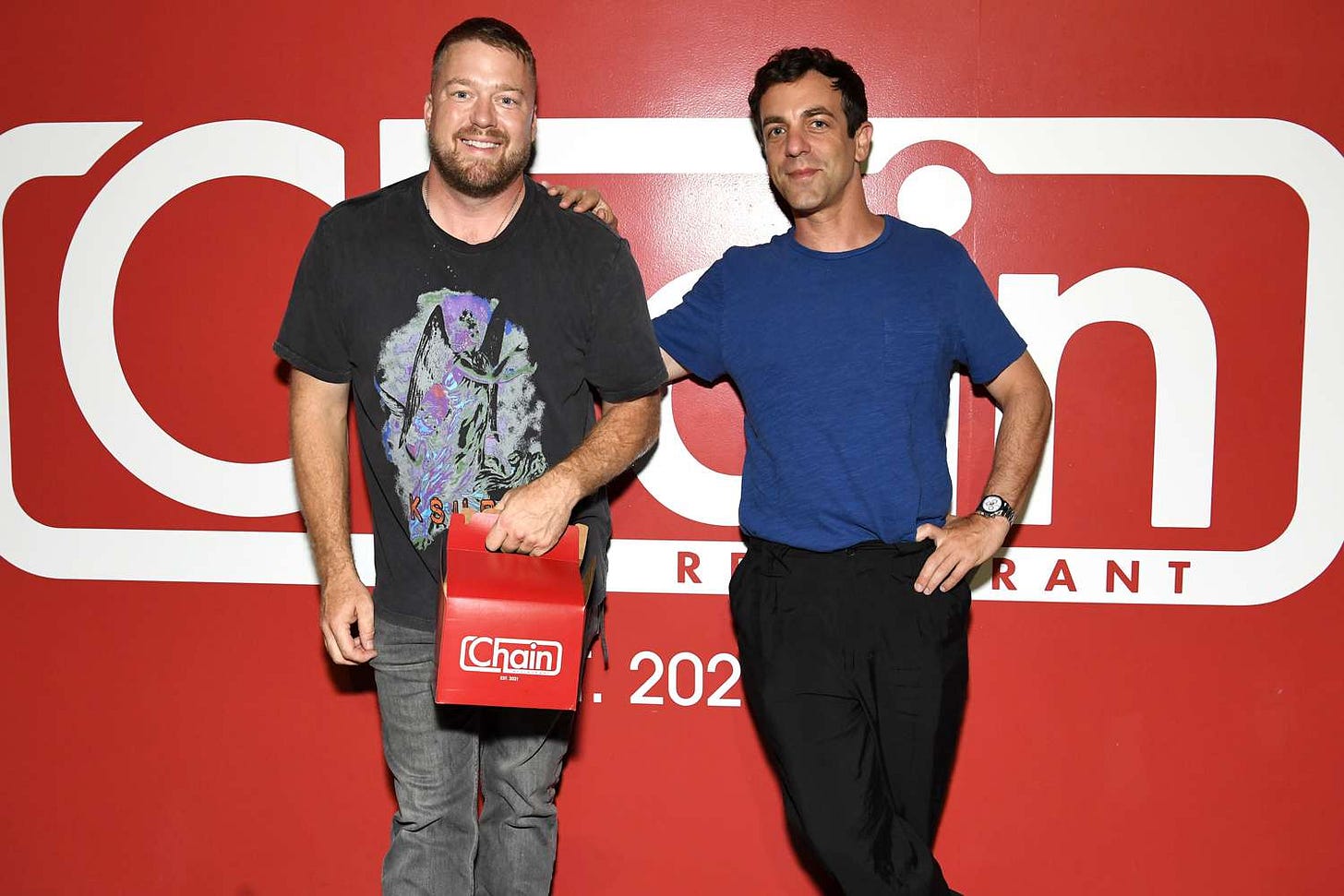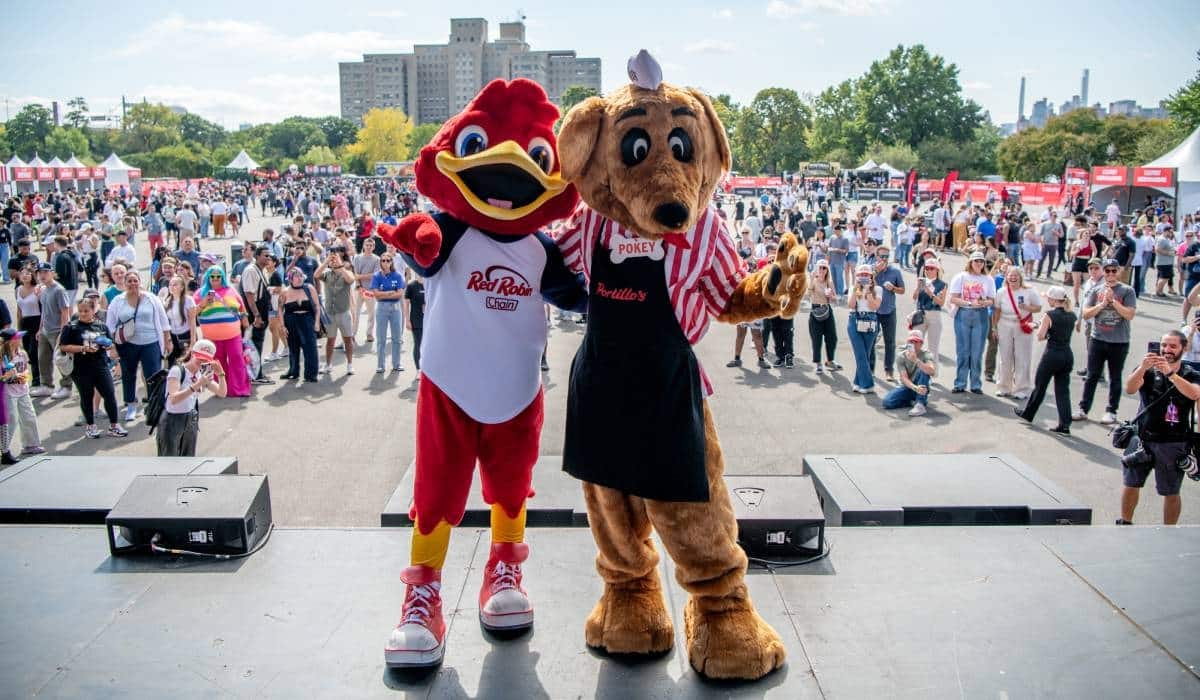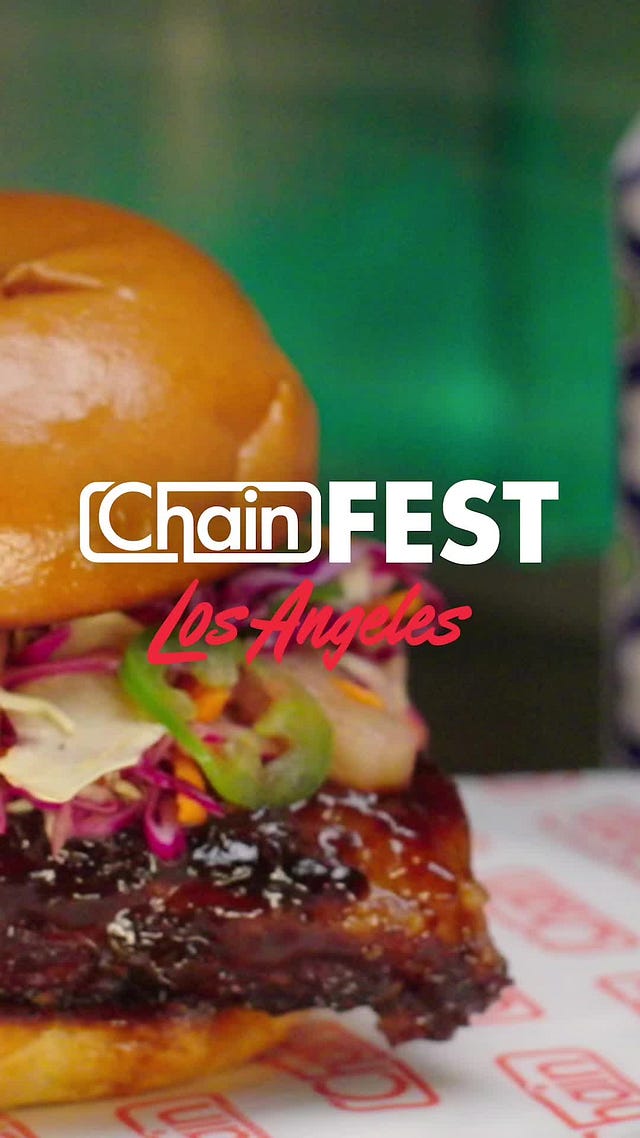If you don’t know what an OpenVerse Community is, that’s because I just made it up. I was trying to figure out how to describe communities that are untethered by creators, IP holders, pop singers, brands, or whatever force typically holds in, curates, and commercializes groups of impassioned, like-minded people. Communities that don’t even perhaps know they exist until someone puts a finger on them. Another way to say this — they are communities that haven’t yet been captured by creators or, due to their very nature, can’t be.
For example, I wrote about the latter category when I explored The Academy of Motion Picture Arts and Sciences’ potential to create an audience-facing paywall for fanatics of the Oscars rather than only obsessing over TV ratings every year. Don’t just think about 20 million viewers and TV rights—think about the 5 million hard-core fans who would pay a monthly fee to belong to that community. In my company, we’ve actually put our finger on several very specific OpenVerse Communities that we are in the midst of capturing right now—first through film, TV, podcasts, and yes, YouTube shows, and then, if successful, we’ll grow them via a flywheel.
This is why CHAINfest caught my attention. It was co-founded by BJ Novak, who most people know from his iconic run on The Office. But I became a true fan when someone gave my kids his children’s book The Book with No Pictures. It became their favorite, hitting their funny bone in a way only a brilliant mind can. So, when I saw his name attached to a food festival that had sold out in New York in September 2024—and, according to one source, had a 25,000-person waiting list for the LA event in October—I wanted to know where BJ Novak’s mind was headed.
BJ Novak had found an OpenVerse Community.
And just like a creator, it started as a passion project—a limited-run activation—that grew into a festival, took on investors, launched a one-hour special on Roku about its New York Fest, and has the potential to become a flywheel of content, community and commerce.
The Origin of Chain: A Match Made in Foodie Heaven
The story behind CHAINfest starts in 2021 when BJ Novak teamed up with renowned chef Tim Hollingsworth. Novak, an unapologetic fan of chain food, recognized something that many foodies don’t dare admit: most people genuinely love it. Novak saw the untapped nostalgia of chain restaurants and thought, "Why not elevate this?"
When Novak linked up with Hollingsworth—a Michelin-starred chef whose résumé includes a stop at The French Laundry—they weren’t just trying to zhuzh up fast food. They were staging a kind of edible remix.
The mission?
Reclaim the guilty pleasures we grew up on and give them a fine-dining upgrade. Not ironic. Not deconstructed. Reverent. A love letter to chain food with white-tablecloth ambition.
What they tapped into—knowingly or not (likely the former)—was the most potent cultural drug of the moment: nostalgia. And here’s the bet—one I’m increasingly willing to double down on: as our feeds get more chaotic, our AI paranoia more existential, and the news ticker more apocalyptic, people are going to hunger for something familiar and comfortable. Not old, necessarily. But felt. Something that tethers them to who they were before all this... noise.
But here’s the riddle: nostalgia isn’t a format. It’s a feeling. You can’t build a pitch deck around it. You can only hope to bottle its essence before it evaporates. So the real question isn’t just: what do people miss? It’s: what do they long for that they don’t even realize is gone?
And if you can answer that—through food, content, community, whatever—you’re not just chasing a trend. You’re building a bridge back to meaning.
So what was their strategy? Chain—an immersive dining experience that would elevate everyday fast food. Think Cheesy Gordita Crunch taken gourmet, or a Wagyu Crunchwrap Supreme. But Hollingsworth didn’t just want to upgrade these meals—he wanted to transform them into culinary art while keeping the familiar comfort food essence intact.
From Pop-Up to Full-Blown Festival: The Birth of CHAINfest
Chain began humbly, with a series of limited-run activations in Los Angeles. These weren’t your typical pop-ups—they were immersive, nostalgia-driven experiences. Inside, you’d find a Colonel Sanders statue, vintage Sizzler menus, and even a Chuck E. Cheese-themed arcade room.
The idea was simple: take people on a trip down memory lane while offering them gourmet versions of the fast food that defined their childhood. The response was immediate and enthusiastic—foodies and nostalgia seekers alike couldn’t get enough. People could enjoy luxury versions of Domino's pizza with smoked salmon and caviar, a Michelin-inspired take on Red Robin’s fries and even an elevated Bloomin’ Onion.
What began as an underground foodie secret quickly became a hot ticket. It was a place where high-end food met comfort food in a way that felt like nostalgic rebellion. And it worked—Chain tapped into something huge, something deeper than just food: shared emotional memory.
The Evolution to CHAINfest
As the activations continued to sell out and word spread, Novak and Hollingsworth saw an opportunity to take it to the next level. They decided to turn Chain into a full-blown food festival, one that would unite people over a shared love of chain food nostalgia. And so, in late 2023, CHAINfest was born.
The concept behind CHAINfest was as unique as it was brilliantly intuitive: take the classic food festival model, fuse it with a pop-culture convention, and marinate the whole thing in a thick glaze of nostalgia. Think: an interactive playground for chain food obsessives, where you could savor gourmet takes on fast food legends while soaking in the glow of vintage signage, mascots, and retro flair.
The first CHAINfest dropped in Los Angeles in December 2023—and the hype was instant. Tickets sold out in three hours. For $75, guests got three hours of unlimited bites from reimagined menu staples by brands like Chili’s, Dunkin’, Pizza Hut, and Red Robin. But this wasn’t a grab-and-go tasting tent situation. This was a multi-sensory, memory-triggering journey: sriracha-glazed donuts. Diageo-crafted cocktails. Neon-lit arcade zones. Selfies with the Noid.
What Novak and Hollingsworth built was a communal moment. A love letter to chain food—not ironic, not tongue-in-cheek, but sincere, joyful, and culturally self-aware. A movement hiding in plain sight. And to beat a Red Lobster Cheddar Bay Biscuit ™ Dead Horse, Novak was building a wall around an OpenVerse Community.
The Success of CHAINfest and What’s Next
With CHAINfest’s explosive success in LA, it didn’t take long for Novak and Hollingsworth to decide to expand.
After launching CHAINfest in 2023, Novak partnered with Medium Rare—the team behind Guy’s Flavortown Tailgate and Dave Portnoy’s One Bite Pizza Festival—to evolve CHAIN into more than just a pop-up. Led by Joe Silberzweig and Adam Richman, they focused on scaling the brand into something with cultural weight. Their first move: expand into New York and layer in music, unlocking new markets and audiences.
Investors jumped on board, seeing the massive potential of the festival, and soon CHAINfest was headed to New York City in 2024, drawing fans from across the country. The festival’s popularity only continued to skyrocket, culminating (for now) in the LA fest in October of 2024.
It wasn’t just the fans that took notice—major brands and celebrity influencers were getting in on the action. Pepsi, KFC, and Postmates became major sponsors, creating exclusive collaborations and even offering on-site delivery for those who couldn’t handle the lines. So did Pepto Bismol—which is as funny as it is necessary. Celebrities like Chrissy Teigen jumped on board, even investing in the festival after attending and falling in love with the concept. The event had become a cultural phenomenon, and now the team was planning to scale it up even further.
BJ Novak doesn’t need my ideas to get the flywheel running—he’s clearly way smarter than me. But just the same, let’s do the thought exercise of where an OpenVerse Community can take us once you capture it:
CHAINline (Branded Virtual Experience)
A digital hub where fans vote on dishes, buy exclusive drops, and stay plugged into the world of CHAIN.CHAIN Bites (Snack Line)
Fast food nostalgia in a bag—reimagined flavors like Crunchwrap Nacho Chips or Whopper Dust Popcorn.The Chain Effect (Podcast Series)
An investigative podcast unpacking the rise and fall of iconic food chains, one season at a time.CHAINwear (Merch Collection)
Limited-edition drops remixing retro fast food branding into bold streetwear and lifestyle gear.CHAIN at Home (Groceries Line)
Pre-cooked meals inspired by fast food legends—Big Mac Lasagna, KFC Buttermilk Tenders, and more.White Castle ’87 (Scripted TV Series)
An Office-style half-hour workplace comedy set in a White Castle during 1987—greasy, weird, and way too real. (BJ can do better)CHAIN Haus (Restaurant Chain)
A national chain built on reimagined fast food—where comfort meets craft and nostalgia goes gourmet.
What Makes CHAINfest So Special?
What sets CHAINfest apart from every other food festival is how precisely it tapped into an OpenVerse Community—not by chasing a trend, but by zeroing in on a specific emotional seam inside the broader force of nostalgia. Novak didn’t just nod at comfort food—he locked onto the half-ironic, fully devoted love for fast food chains. That clarity gave the idea lift. Then he layered in a gourmet twist, transforming it into Newstalgia. The memory only elevated. And because it was gourmet, so was the pricing—another signal that this wasn’t a gimmick, but a total reframe.
He built it with a creator’s mindset—not through a massive launch, but through small, intentional A/B tests. The first pop-up offers feedback. The second sharpens the pitch. Each step was designed to trigger virality, invite participation, and build trust. The magic of CHAINfest—and of any real OpenVerse Community—is that the idea is so sharply defined, it starts generating ideas on its own. Like a great movie pitch, it spawns spin-offs effortlessly.
Which brings us to the challenge for legacy creators: Where are the OpenVerse Communities you haven’t seen yet? The ones already forming—alive, pulsing—just waiting for someone to hold them, feed them, help them grow. BJ Novak started with a pop-up restaurant. But many of these communities can be anchored by a film, a series, a podcast, or a piece of digital content—and built outward from there.
Finding them takes precision. Growing them takes restraint. But if you do it right, the community builds the brand for you.







This article is great! What an excellent example of building an entire community out of a passion project, and have that community in turn is build and lift your brand for you 👌🏾💯